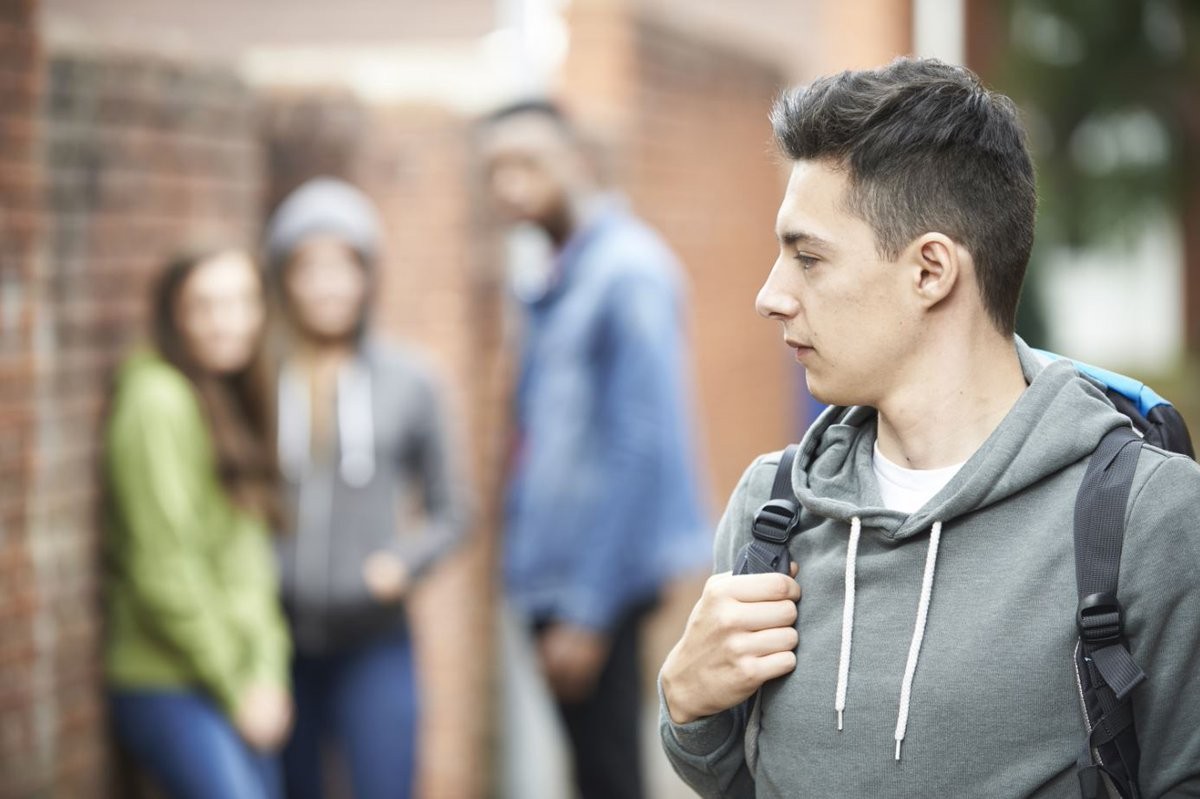Why do we as humans find it so difficult to be our genuine self around others? This is a question explored with genuine humour and great insight by authors Ian Higgins, Sam Perry and Dave Edwards in their two books The Grade Cricketer (2015) and Tea and Sympathy (2017). The protagonist in these books, the cricketer, is not only a washed up cricket player in his late twenties, but is also a character who ponders some big questions. Why do I still do what I do each week when it doesn't seem to bring my life any long-term joy or value? Why do I care so deeply about what others think of me, particularly my parents? The book provides some superb satire of being a male in Australia. The subtleties in which men go about making themselves appear more at ease, cool-headed and secure than they feel inside are written with a skilled observation of human behaviour.
On a related note, a 2016 study published in Clinical Psychological Science carried out at the University of British Columbia by Leili Plasencia and colleagues may shed some light on a couple of these issues. The authors theorised that people with higher social anxiety are motivated to conceal what they deem to be personal inadequacies. Yet these people also recognise that this behaviour doesn't convey who they genuinely are. In carrying out behaviours that attempt to prevent rejection or social embarrassment (behaviours here include trying to look at ease, pretending you did not see someone, and pretending you are not interested in what is happening) the authors hypothesised that while it may help people to feel more safe in the short term, it would backfire in the long term by essentially killing the functioning of the relationship.
These people never had a chance to realise that the majority of reasonable people in the world will accept them if they showed their genuine self.
This theory was supported by the behaviours and relationship interactions that took place in their lab. One group of people with social anxiety were instructed to not carry out the typical 'safety' behaviours they perform to keep themselves feeling at ease in a social situation, thereby exposing their true selves. This group reported more contentment following their interactions, a greater desire to interact in the experiment again and had more positive perceptions of the responses of the person they interacted with.
The moral of the story is - be yourself and give others the chance to accept you for who you are (because most people do and this allows for a more genuine and satisfying relationship)
For assistance with being genuine in relationships and managing social anxiety, please contact RWA Psychology - Family Matters.

We've tailored the services at RWA Pyschology - Family Matters to all age groups from young children to adolescents and adults - and we have specialists in crisis, short/medium term counselling and longer term psychotherapy.
Call RWA psychology for an appointment with one of our psychologists.
